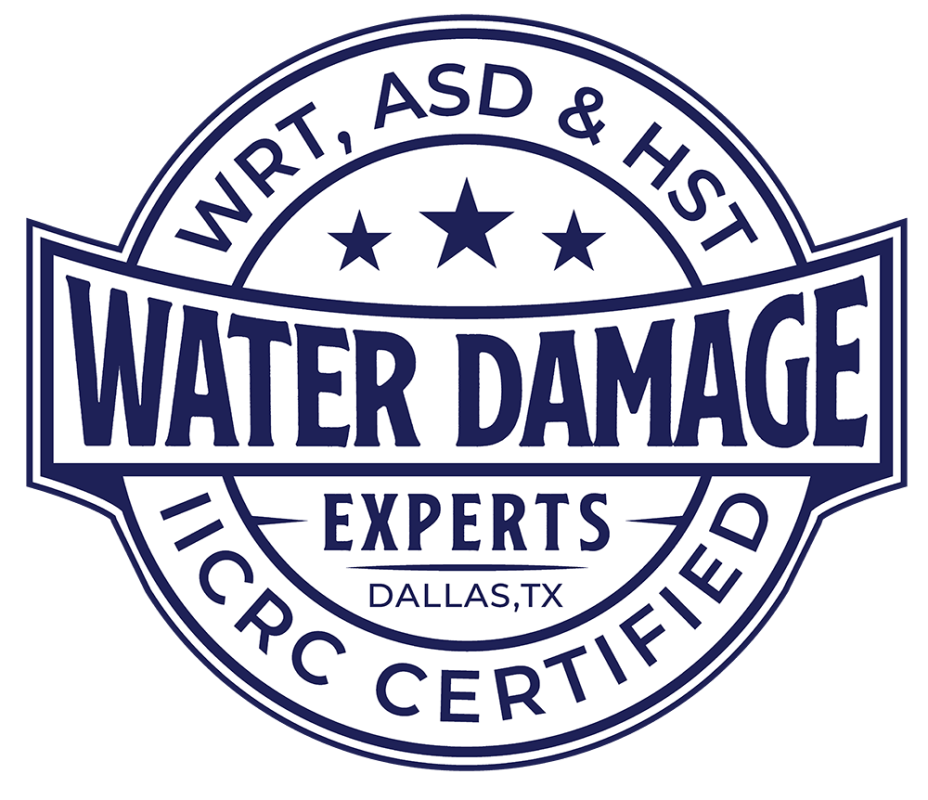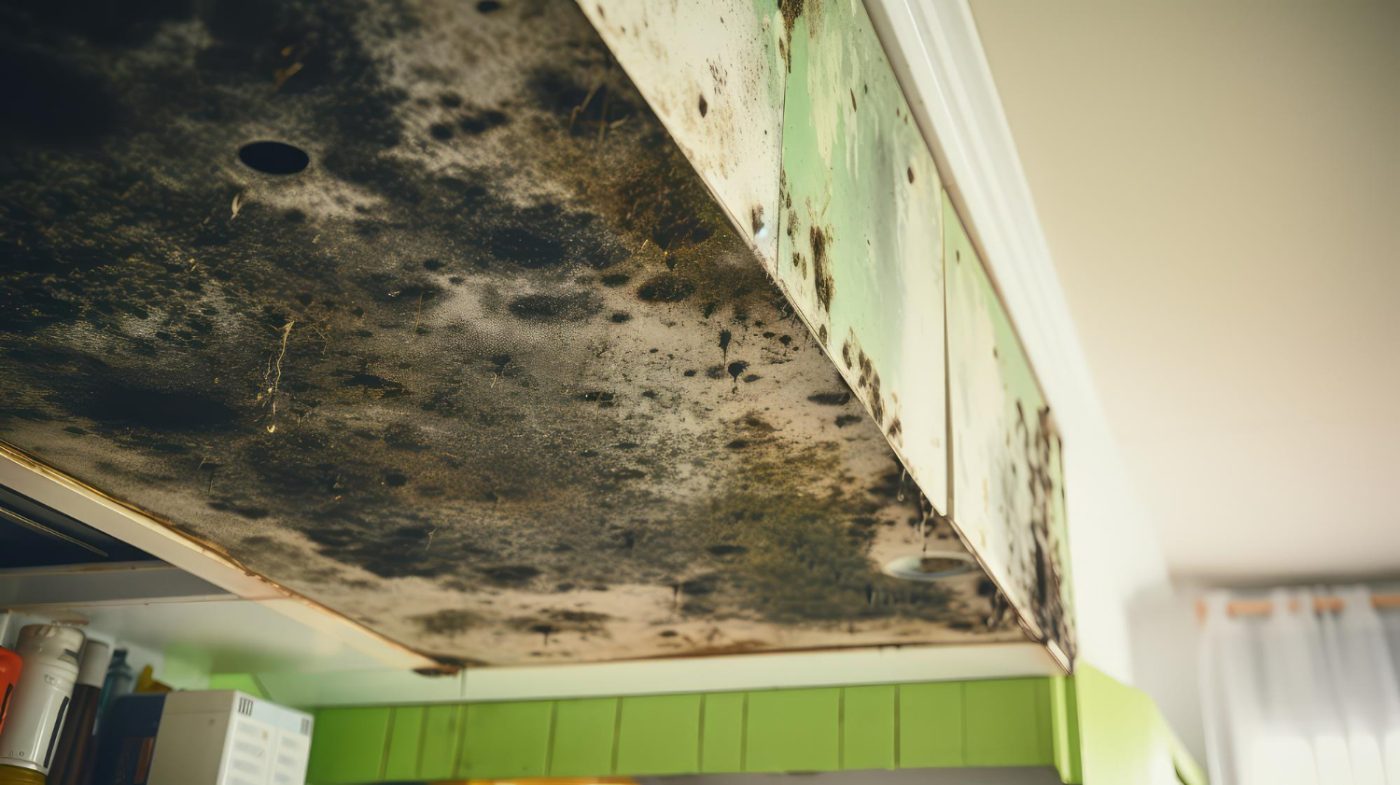Have you noticed a musty smell in your Dallas home lately? Or perhaps you’ve discovered unsightly black spots on your walls or ceilings? If so, beware, as these are telltale signs of mold growth. Mold is not only unsightly, but it can also have serious health implications for you and your family. In this article, we will unveil the hidden dangers of mold in Dallas homes and explore the causes behind its growth.
Mold thrives in humid and damp environments, making Texas, with its hot and humid climate, a perfect breeding ground. Leaky pipes, water intrusion from storms, and poor ventilation all contribute to the ideal conditions for mold to flourish. While mold is common in bathrooms and basements, it can also spread to other areas of the home if left untreated.
In this comprehensive guide, we will delve into the causes of mold growth in Dallas homes, providing you with valuable insights and effective prevention methods. Don’t let mold take hold in your home – join us as we uncover the hidden dangers of mold and take action to keep your house safe and healthy.
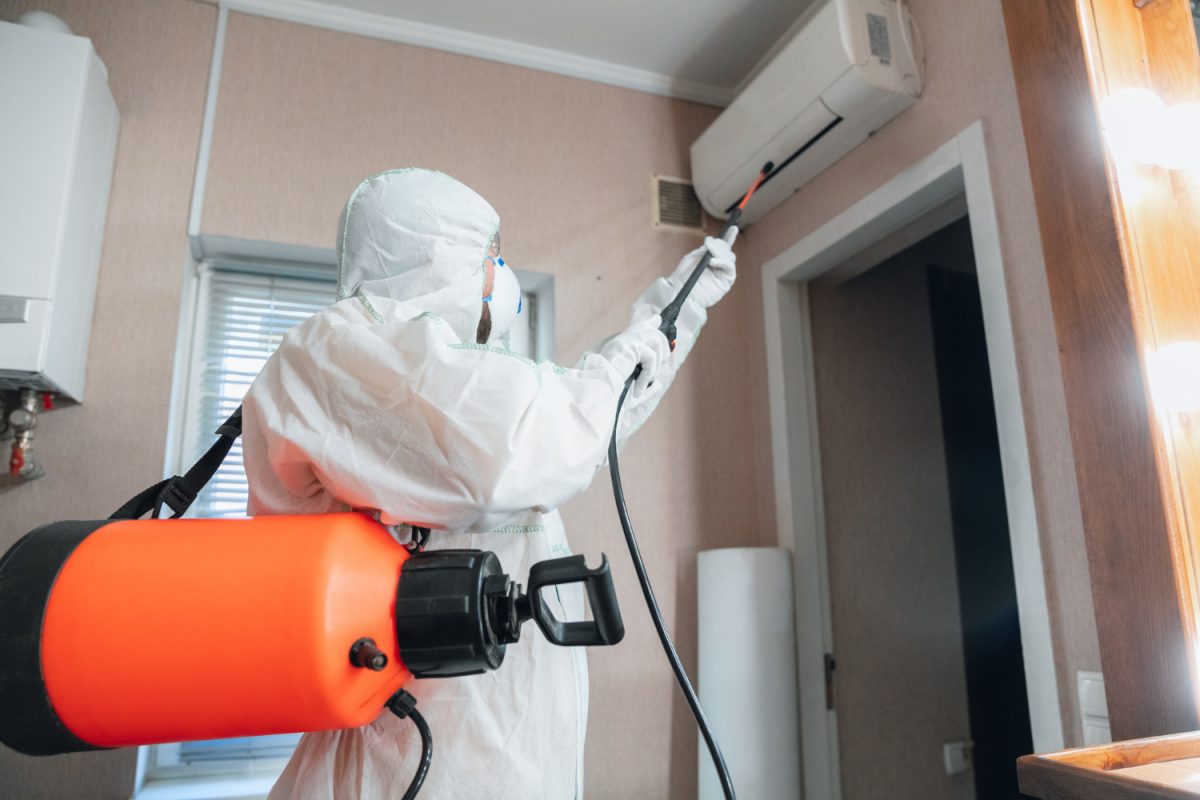
Moisture sources that contribute to mold growth
Mold growth in Dallas homes is often directly linked to the presence of excess moisture, which provides the ideal conditions for mold spores to thrive. Understanding the various sources of moisture that can contribute to mold development is crucial for homeowners in the Dallas area.
One of the primary sources of moisture that can lead to mold growth is leaky plumbing. Broken or malfunctioning pipes, whether in the walls, under sinks, or in the basement, can result in water leaks that create damp environments perfect for mold to grow. These leaks may not always be immediately visible, making it important for homeowners to regularly inspect their plumbing systems for any signs of potential issues.
Another common source of moisture that can contribute to mold growth is water intrusion from storms or flooding. Heavy rainfalls, particularly during the region’s frequent thunderstorms, can lead to water seeping into the home through cracks, gaps, or poorly sealed windows and doors. This influx of water can create the perfect conditions for mold to thrive, especially in areas like basements or crawl spaces.
Inadequate ventilation within the home can also contribute to mold growth by allowing moisture to accumulate. Activities such as showering, cooking, or even drying clothes can introduce significant amounts of humidity into the air, which can then condense on surfaces and provide the necessary moisture for mold to grow. Proper ventilation, particularly in high-moisture areas, is crucial for preventing mold development.
Poor ventilation and its impact on mold development
Proper ventilation is a critical factor in preventing mold growth in Dallas homes. Inadequate airflow can lead to the buildup of humidity, creating an environment that is conducive to mold proliferation.
One of the primary ways that poor ventilation contributes to mold growth is by allowing moisture to accumulate in certain areas of the home. Activities such as showering, cooking, and even breathing can introduce significant amounts of humidity into the air. Without proper ventilation, this moisture-laden air has nowhere to go, leading to condensation on surfaces like walls, ceilings, and windows. This condensation provides the perfect environment for mold spores to germinate and spread.
Additionally, poor ventilation can also prevent the effective removal of mold spores from the air. Mold spores are constantly present in the environment, but in well-ventilated homes, they are quickly circulated out and prevented from settling and proliferating. In homes with inadequate airflow, however, these mold spores can remain suspended in the air, increasing the risk of exposure and further mold growth.
Certain areas of the home, such as bathrooms, kitchens, and basements, are particularly prone to mold growth due to their higher moisture levels. Ensuring that these spaces have effective ventilation systems, such as exhaust fans or windows that can be opened, is crucial for controlling humidity and preventing mold from taking hold.
The role of high humidity in mold formation
The hot and humid climate of Dallas, Texas, creates an environment that is particularly conducive to mold growth. Understanding the relationship between high humidity and mold formation is essential for homeowners in the region.
Mold thrives in environments with high moisture levels, and the naturally occurring humidity in the Dallas area provides the perfect conditions for mold spores to germinate and proliferate. The warm, damp air common in Texas can lead to the accumulation of moisture on surfaces within the home, creating an ideal habitat for mold to establish and spread.
In addition to the region’s overall climate, certain activities and appliances within the home can also contribute to elevated humidity levels. Showering, cooking, and even the presence of houseplants can all introduce additional moisture into the air, further exacerbating the problem. Without proper ventilation and humidity control measures, this excess moisture can lead to the formation and growth of mold.
Homeowners in Dallas must be proactive in monitoring and managing the humidity levels within their homes. This may involve the use of dehumidifiers, proper insulation, and ensuring adequate airflow throughout the property. By addressing high humidity levels, homeowners can significantly reduce the risk of mold growth and the associated health and structural concerns.
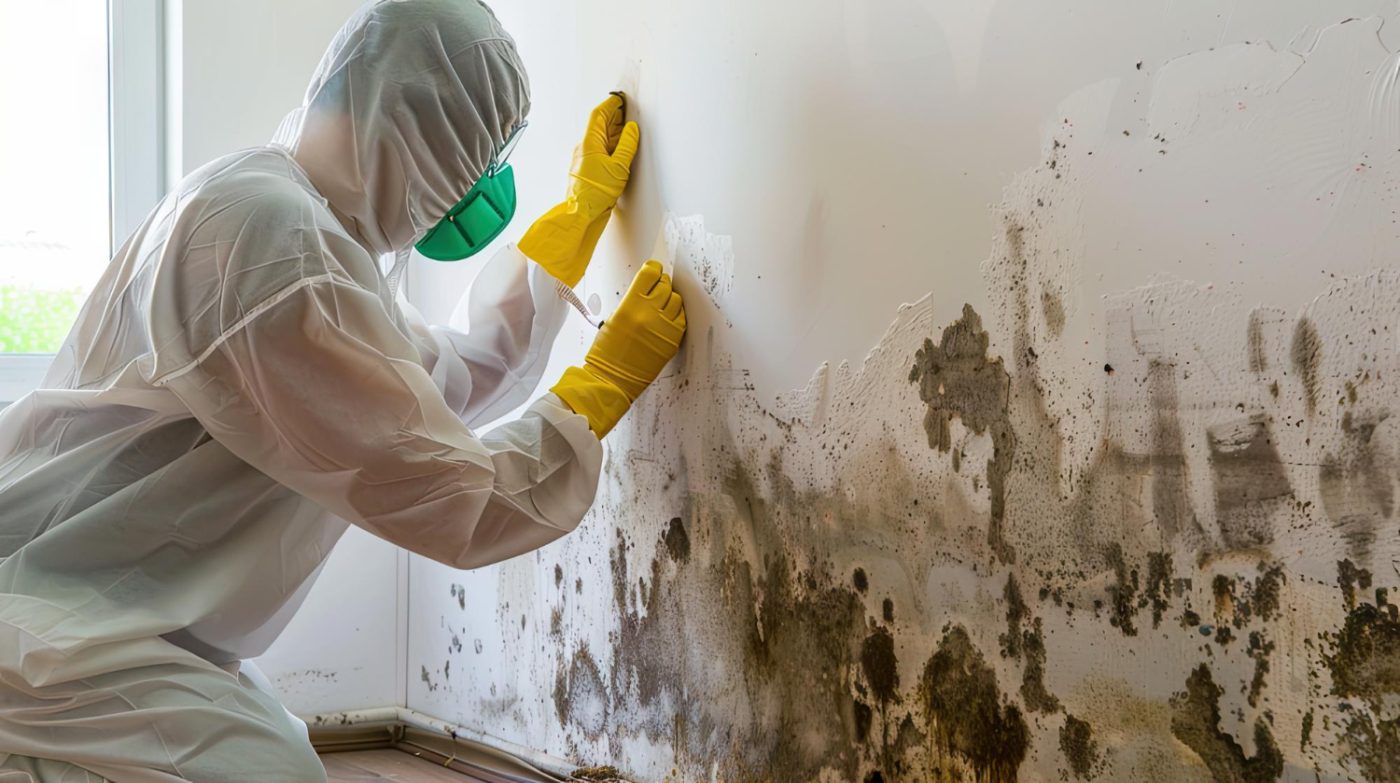
Identifying and preventing water leaks
Water leaks are a significant contributor to mold growth in Dallas homes, and it is crucial for homeowners to be vigilant in identifying and addressing these issues. Proactive measures to prevent water leaks can go a long way in mitigating the risk of mold development.
One of the first steps in preventing water leaks is regular inspection and maintenance of the home’s plumbing system. This includes checking for any signs of wear or damage in pipes, fittings, and fixtures, as well as ensuring that the system is properly sealed and insulated. Homeowners should also be attentive to any changes in water pressure or unexplained increases in water usage, as these can be early indicators of a potential leak.
In addition to the plumbing system, homeowners should also inspect the home’s exterior for any cracks, gaps, or other vulnerabilities that could allow water infiltration. Proper sealing and caulking of windows, doors, and roof edges can help prevent water intrusion during heavy rainstorms or flooding events. Regular gutter cleaning and maintenance can also play a crucial role in directing water away from the home’s foundation and preventing moisture buildup.
In the event that a water leak is discovered, it is essential to address the issue promptly. Delaying repairs can lead to the accumulation of moisture, which can then foster the growth of mold. Homeowners should enlist the help of professional plumbers or contractors to quickly identify and repair the source of the leak, preventing further damage and the potential for mold development.
Effective mold prevention and remediation techniques
Proactively addressing the underlying causes of mold growth is the most effective way to prevent and mitigate mold issues in Dallas homes. By implementing a comprehensive approach to mold prevention and remediation, homeowners can safeguard their property and the health of their family.
One of the key strategies for preventing mold growth is maintaining proper moisture control within the home. This includes addressing any water leaks or sources of excess moisture, ensuring adequate ventilation, and utilizing dehumidifiers or other humidity-control measures. Regularly inspecting the home for signs of moisture buildup and addressing any issues promptly can go a long way in preventing mold from taking hold.
In the event that mold is discovered, it is crucial to act quickly and effectively to contain and remove the problem. Homeowners should avoid attempting to clean or remove mold themselves, as improper handling can lead to the further spread of spores and increased exposure risks. Instead, it is recommended to enlist the services of a professional mold remediation company, which can safely and thoroughly address the issue. These experts have the necessary equipment, training, and expertise to properly identify the extent of the mold growth, contain the affected areas, and remove the mold effectively.
After the mold has been successfully remediated, it is essential to address the underlying causes that led to the growth in the first place. This may involve repairs to the home’s structure, improvements to ventilation systems, or the implementation of moisture-control measures. By taking a proactive and comprehensive approach to mold prevention and remediation, homeowners in Dallas can safeguard their homes and their health.
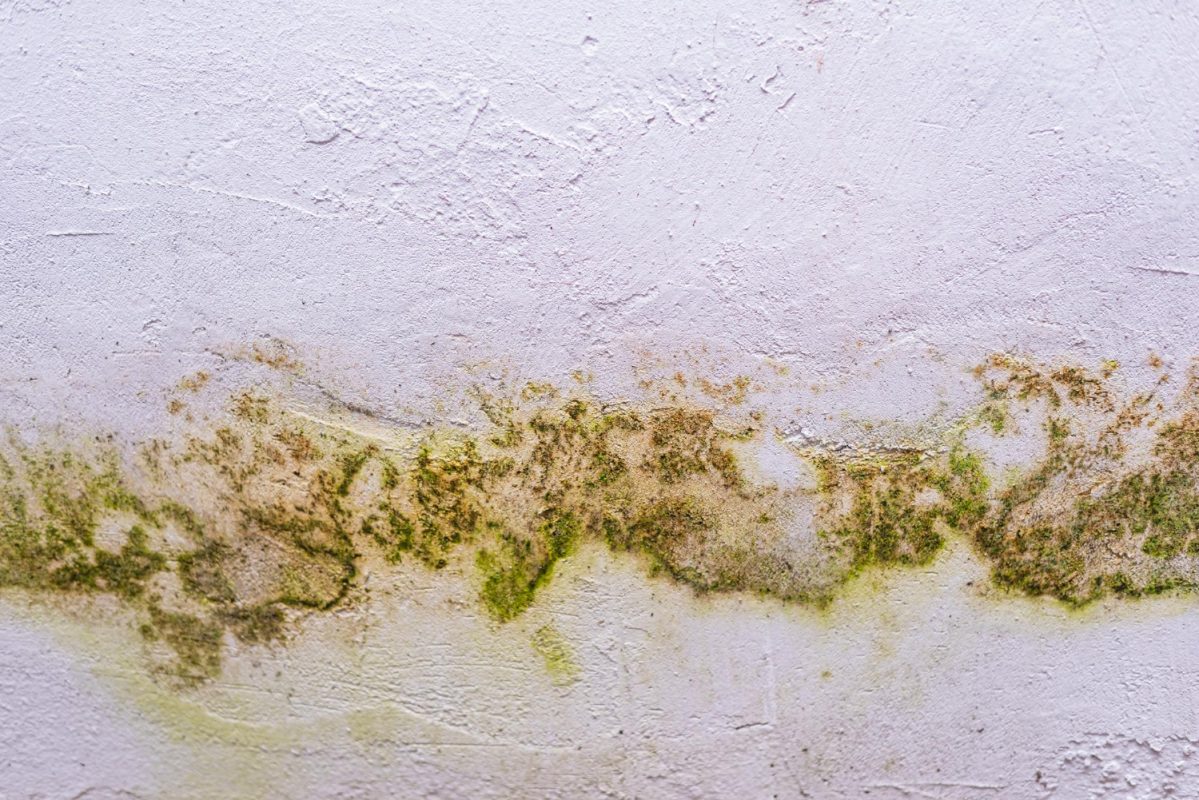
Conclusion: Importance of addressing mold issues in Dallas homes
Mold growth in Dallas homes is a serious issue that should not be ignored. The hot and humid climate of the region, combined with the prevalence of moisture sources and poor ventilation, creates an environment that is highly conducive to mold proliferation. Failing to address mold problems can lead to significant health risks for the occupants, as well as potential structural damage to the home.
By understanding the causes of mold growth, recognizing the common signs of its presence, and implementing effective prevention and remediation techniques, homeowners in Dallas can take proactive steps to protect their homes and their families. Regular inspections, prompt repairs, and the use of professional mold remediation services are all crucial components of a comprehensive approach to mold management.
Addressing mold issues in Dallas homes is not only a matter of maintaining a healthy living environment but also a responsibility to safeguard the well-being of the community. By raising awareness and empowering homeowners to take action, we can work together to reduce the prevalence of mold-related problems and ensure that Dallas remains a safe and healthy place to live.
Remember, the hidden dangers of mold are real, but with the right knowledge and proactive measures, homeowners in Dallas can effectively combat this persistent issue and enjoy a mold-free, healthy home environment.
